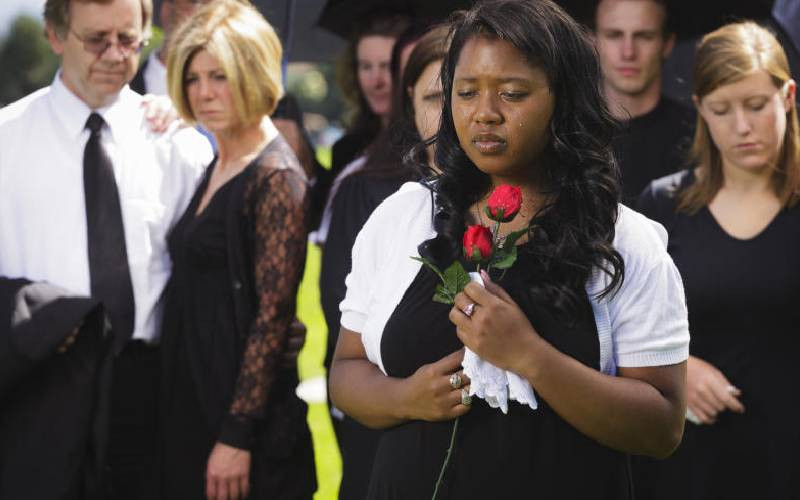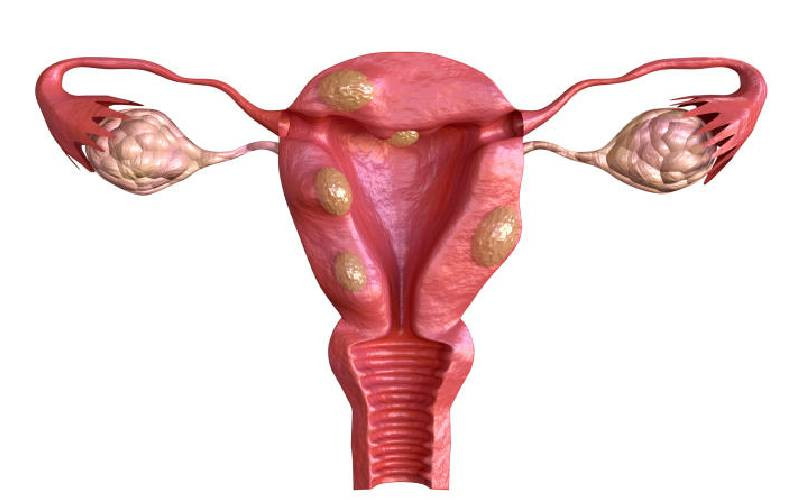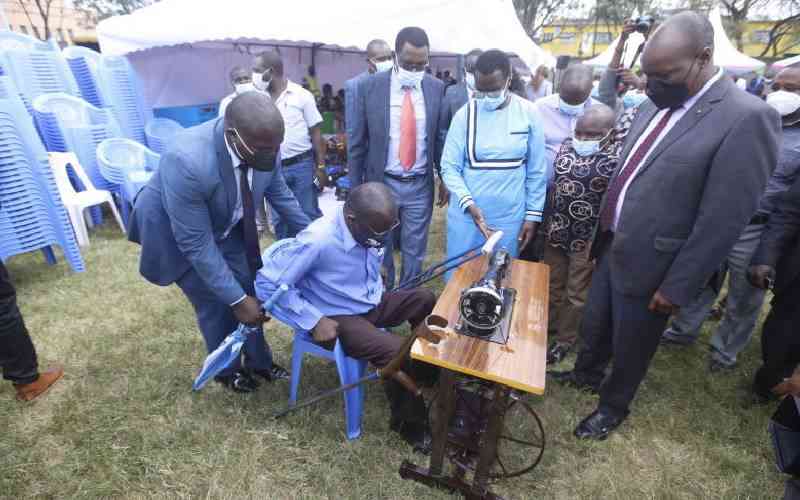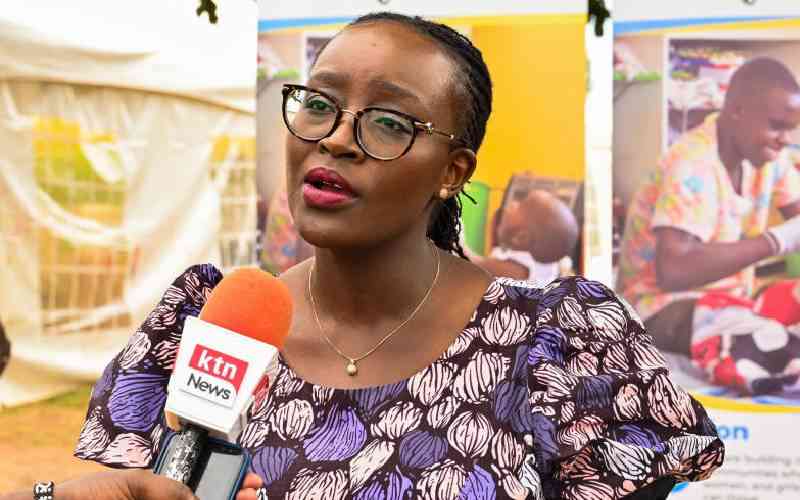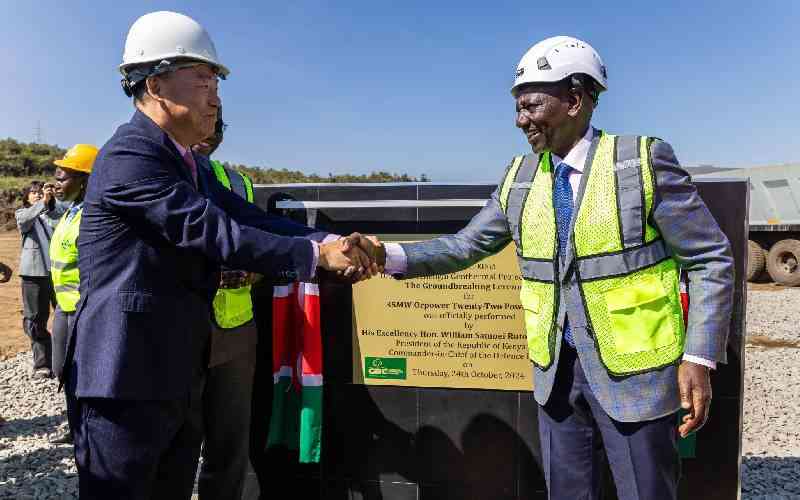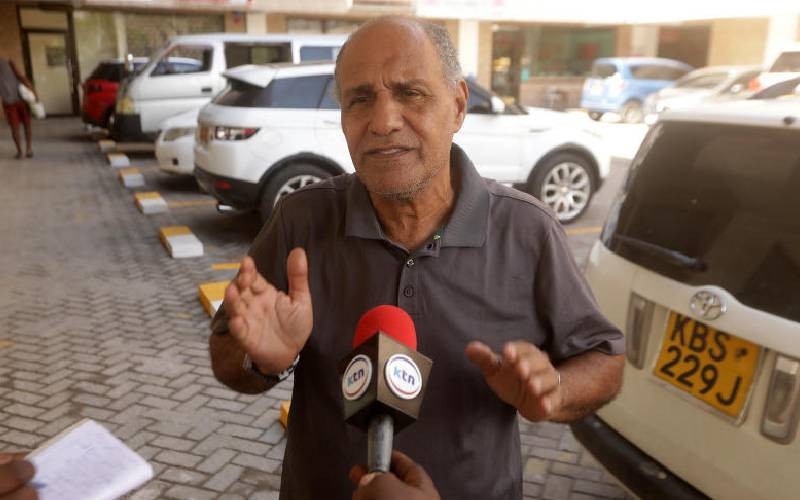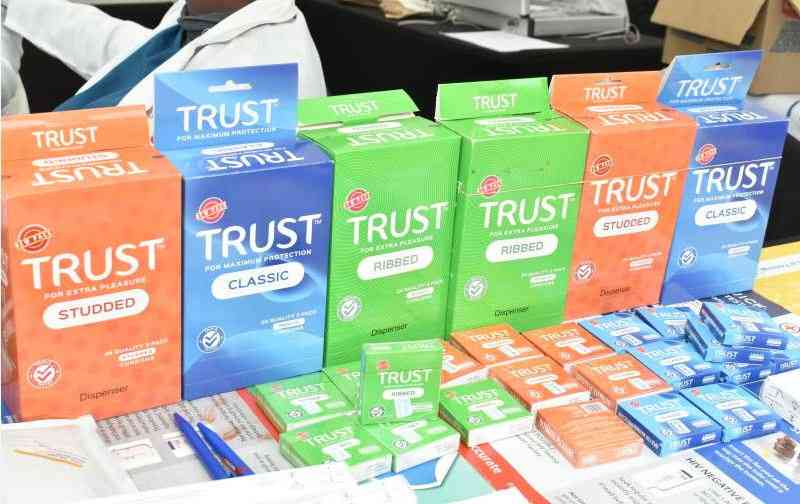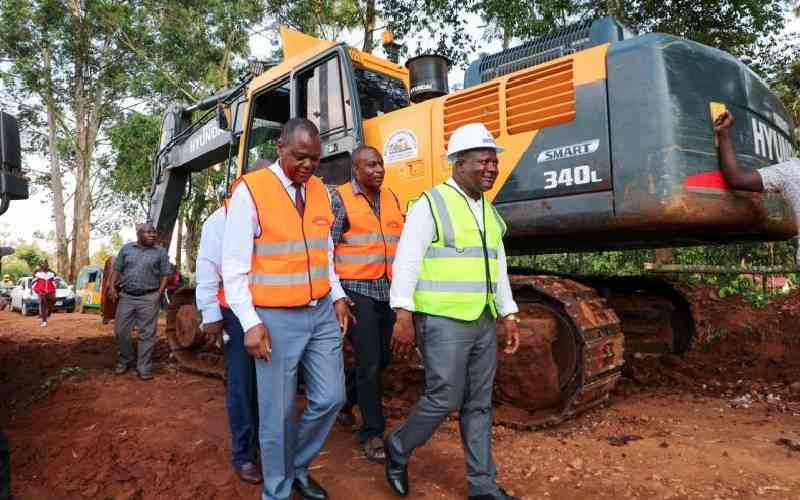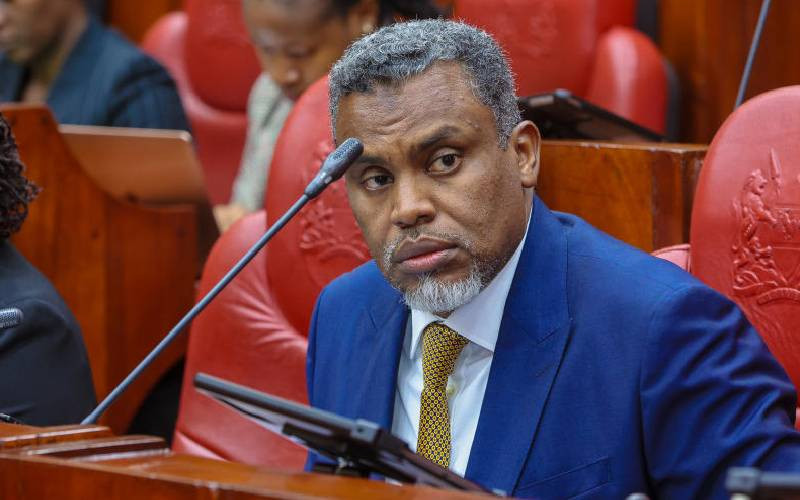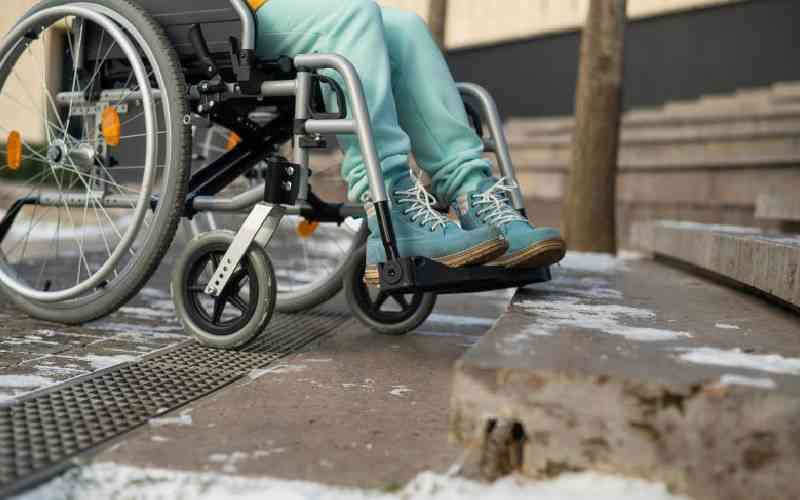
I watched with shock a video clip of a mother who abandoned her newborn baby in a hospital in Naivasha because the child had a disability. The mother refused to breastfeed the newborn and her family also said that the baby was cursed. This was not an isolated happening. Recently, a mother abandoned her newborn baby with a cleft lip at Mbagathi Hospital while in Ngong, a baby with a deformed foot was abandoned in a thicket.
In this day and age, we are supposed to have progressed in how we view disability. As a country that has ratified the Convention on the Rights of Persons with Disabilities (CRPD), there is an assumption that our communities are much more open to differences and diversity. We have many other pieces of legislation, including our Constitution, that speak about human dignity as a national value. But why are we not getting it right when it comes to our acceptance of disability as part of human diversity?
Are our communities too unwelcoming to disability that they would drive a new mother to abandon their newborn with a disability in a hospital? When a mother welcomes their baby with disability in the world, what is the greatest fear that runs in their mind? Is it the stares that people will give her? Is it the silent whispers that the child is cursed? What is the greatest fear that a mother harbours and what can communities do to change this?
It is the mandate of the government to continuously, and in various ways, raise awareness throughout society, including at the family level, about persons with disabilities, and to foster respect for their rights and dignity. There must be massive and intentional efforts to combat stereotypes, prejudices and harmful practices relating to persons with disabilities, including in rural and remote communities.
Currently, Kenyans are awaiting for the President to sign the Persons with Disabilities Bill, (Senate Bill No. 7 of 2023). When it becomes law, it will repeal the Persons with Disabilities Act, No. 14 of 2003. We will have in place a law that is consistent with the Constitution as well as the CRPD.
The Bill has a clause on harmful practices and states that national and county governments shall take such measures they consider necessary to eliminate harmful practices committed against persons with disabilities including abandonment, concealment, ritual killings or the association of disability with omens.
By themselves, laws might not succeed in changing practices that are detrimental to the dignified existence of people with disabilities, including newborns. Awareness raising efforts must be ramped up in all sectors of the society to create communities that are welcoming to all people.
Recently during a session with parents of children with disabilities, I could tell how difficult it was to raise a child with a disability in a Kenya. In a room where majority of the caregivers were women, because the men had abandoned them, it was easy to feel the desperation in the stories of the mothers. Yet many of them had built, by themselves, inner strengths to help them navigate the journey of raising these children.
With new laws or not, it is my prayer that our communities become more open to diversity, especially disability. We must ensure that no mother will be forced to abandon her child with a disability in a hospital, or in a thicket due to fear of public ridicule.
Ms Ombati is a disability activist. [email protected]
 The Standard Group Plc is a
multi-media organization with investments in media platforms spanning newspaper
print operations, television, radio broadcasting, digital and online services. The
Standard Group is recognized as a leading multi-media house in Kenya with a key
influence in matters of national and international interest.
The Standard Group Plc is a
multi-media organization with investments in media platforms spanning newspaper
print operations, television, radio broadcasting, digital and online services. The
Standard Group is recognized as a leading multi-media house in Kenya with a key
influence in matters of national and international interest.
 The Standard Group Plc is a
multi-media organization with investments in media platforms spanning newspaper
print operations, television, radio broadcasting, digital and online services. The
Standard Group is recognized as a leading multi-media house in Kenya with a key
influence in matters of national and international interest.
The Standard Group Plc is a
multi-media organization with investments in media platforms spanning newspaper
print operations, television, radio broadcasting, digital and online services. The
Standard Group is recognized as a leading multi-media house in Kenya with a key
influence in matters of national and international interest.


